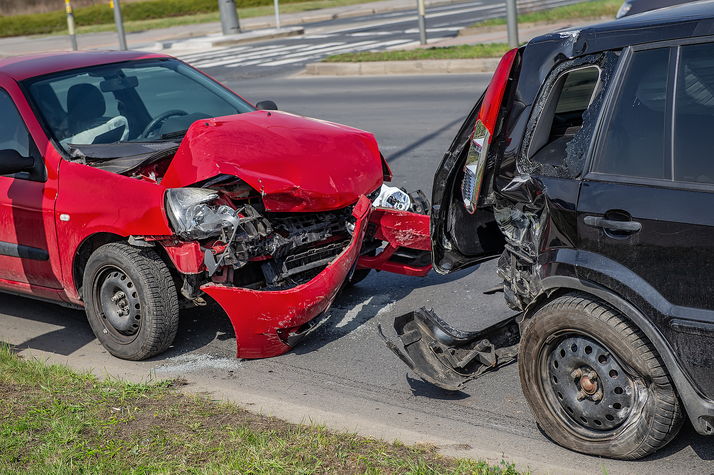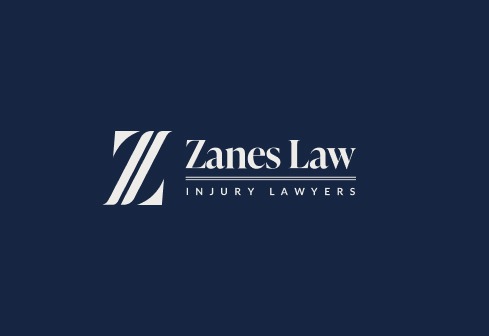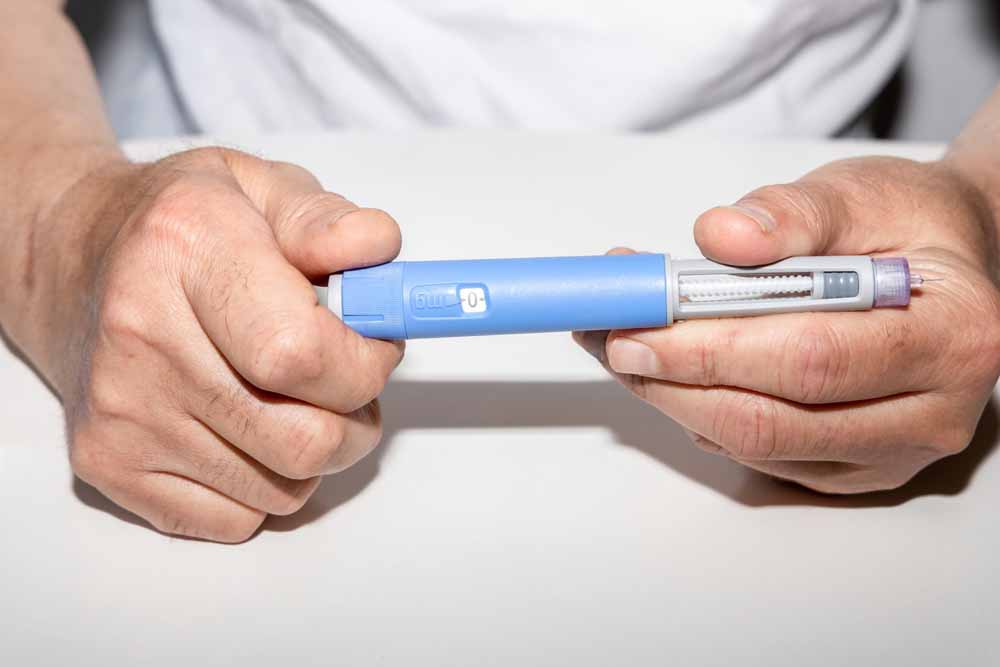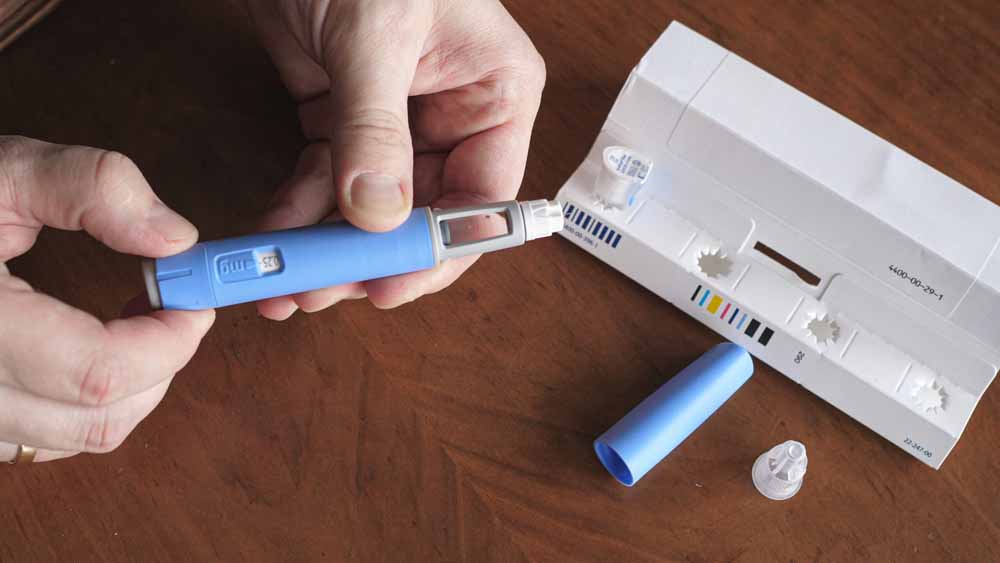Rear-end car collisions are the most common type of car accident. According to the National Highway Traffic Safety Administration (NHTSA), 29 percent of all car accidents are rear-end collisions. The total number of these accidents exceeds two million each year. This means that there is a rear-end car crash every eight seconds in the United States.
NHTSA has estimated that rear-end car crashes cause over $5 billion worth of injuries each year. This estimate does not even cover things like lost wages and pain and suffering that are other common damages that accident victims suffer.
Improvements in Vehicle Safety Do Not Eliminate Rear-End Accidents
There were dramatic improvements in car safety over the years, but there was still no drastic decrease in the number of rear-end crashes. Even mandating brake lights on the back of cars still only resulted in a four percent reduction in rear-end car crashes. Similarly, crash avoidance systems and warnings do not eliminate the risk of rear-end crashes. In the end, bad driving is the cause of most rear-end car accidents and they lead to claims of negligence.
Common Causes of Rear-End Crashes
Here are some of the common causes of rear-end accidents:
- The driver is distracted behind the wheel by things like texting or eating
- Motorists are driving aggressively by tailgating other vehicles and do not give themselves enough room to brake or stop
- Dangerous conditions on the road caused by rain or foreign substances make it more difficult for a driver to stop
- Drivers speed, cutting the amount of time that they have to come to a complete stop
- Cars could have issues with their brakes
Driving Safety Measures to Avoid Rear-End Accidents
Drivers must allow a reasonable distance between them and the vehicle in front. The usual rule of thumb is that drivers should allow one car length for every ten miles per hour. They can receive tickets under Arizona law for tailgating. However, there is no precise definition of tailgating. Instead, Arizona law prohibits driving “more closely than is reasonable and prudent.”
Arizona drivers learn to maintain at least two seconds of distance from the car in front of them. However, that is often not enough to avoid rear-end crashes.
Where Rear-End Crashes Can Happen in Phoenix
Rear-end crashes could happen on a highway or Phoenix city streets.
They could happen in the following places in the Phoenix area:
- On highways like I-10 when cars often stop in traffic, and the cars behind them do not see (I-10 is one of the busiest and deadliest roads in the country)
- On the Central Avenue Corridor, which is the busiest stretch of urban road in Phoenix where cars may stop because of something happening in front of them
- At busy intersections like [name], where cars could stop at a red light, and the vehicles behind them may not see
In other words, rear-end collisions can happen anywhere. There is a reason why they are the most common accidents on the road. If you are the car hit, there is little you could have done to avoid the crash. Everything happens because of the negligence of the other driver.
Common Rear-End Accident Injuries
Perhaps the most common injury in a rear-end car accident is whiplash. This happens when the neck forcefully snaps forward. People call this whiplash because the movement is like the cracking of a whip.
Unfortunately, whiplash is a very comprehensive injury. Many things can snap when you have suffered whiplash.
This includes:
- Muscles
- Discs
- Nerves
- Tendons
In a rear-end car accident, your car is traveling at a certain speed. When that happens, your neck and head move along with the car. When another vehicle hits your car from behind, your car will come to a sudden stop. The deceleration of your car will put pressure and force on the neck. This will cause it to snap forward while your body remains still.
When the neck snaps forward, the head will move along with it. The brain does not necessarily stay still inside the head. Instead, it can move forward in the head on its own. This can cause the brain to strike the skull. Just the force at which the brain moves alone can cause injury.
Do not let the name or the common nature of the injury fool you. Whiplash can seriously injure you.
When the head snaps forward, it can cause the following injuries:
- Neck strains
- Concussions
- Back pain
- Dizziness
- Numbness in the arms and hands
Traumatic brain injuries are always serious. Some people will never fully heal after a TBI. These can cause things like memory loss, depression, and difficulty concentrating. The average cost of a TBI can reach millions of dollars for more severe cases. Some people cannot work at the level that they could previously if they can work at all. Many people do not even realize the full impact of rear-end crashes until months later.
Many times, the neck and back damage from whiplash will not fully show up on an MRI. The insurance company will take a “prove it” approach to whiplash injuries. Many whiplash injury complaints are subjective, and disputes commonly arise. One way to start proving your injury is to not use the word whiplash but instead focus on the actual injury to the neck or back.
Treatment for Whiplash Injuries
Doctors may diagnose whiplash injuries using the following tests:
- CT scans
- Magnetic resonance imaging tests
- X-rays
Whiplash injury victims may need the following types of treatment:
- Rest
- Surgery
- Physical therapy
- Medical equipment and braces
- Rehabilitation
All of these costs can add up quickly. Even what may seem like a “simple” rear-end crash could cost tens of thousands of dollars in medical bills.
In addition to whiplash, drivers can also suffer head injuries. The airbag will often deploy in a rear-end crash. This can cause the head to slam into the airbag, or it can cause injuries to the ribs or other internal injuries when the airbag forcefully deploys.
How Insurance Companies Handle Rear-End Crashes
These are one of the more cut-and-dry auto accident liability determinations. There is usually very little argument about who is at fault for rear-end crashes. While we usually focus on proving who was at fault for a car accident, there is little doubt in rear-end crashes. The fact that a driver struck the car in front of them will speak for itself.
The driver who hit the other vehicle will be responsible for the crash unless some limited exceptions apply. For example, if a car was traveling somewhere it should not have been when the crash happened, or a motorist was driving at an unreasonably slow speed, the determination could be different. Other ways that the front driver could be responsible are if they were changing lanes or they suddenly slam on the brakes. Otherwise, the rear car is almost always to blame for the crash. Nonetheless, you should be prepared for the insurance company to use any facts that it can against you.
Why You Need a Lawyer in a Rear-End Crash Case
You may be wondering why you need a lawyer if there is less of a focus on finding fault. Remember that liability is only one issue in a car accident. After you prove fault, you move on to the compensation part of your case, and this is where things may get contentious. Insurance companies do not write checks unless you push hard for what you legally deserve. Having an experienced lawyer could mean the difference between a $50,000 settlement check and one for $100,000.
In addition, you must also prove that you suffered injuries and losses to collect damages. When you have suffered a neck or back injury, the insurance company may be difficult. They could dispute that you are even injured at all, or they could claim that your injuries happened some other way. Liability is only part of the picture. You still need an advocate to stand up for your legal rights because many people are working against you.
What to Do After a Rear-End Collision
As we mentioned above, rear-end accidents injuries may not always be apparent at the scene of the crash. Often, whiplash injuries take days or weeks to begin to affect you. However, when this injury does not receive proper treatment, it can and will grow worse over time.
You are always better off being cautious medically after a rear-end car accident, especially because of the prospect of delayed injuries. There is nothing wrong with going to see a doctor whether you think you have been hurt or not. The doctor can tell you whether you are really alright after the accident. Many people who think that they are okay are surprised to learn that they are actually dealing with serious injuries.
How a Quick and Thorough Diagnosis Helps Your Health and Your Legal Case
Not only could your health suffer by delaying medical care, but your legal case could also be harmed. Insurance companies love to pin the blame on you because it gets them out of paying. Even if it is very clear who was responsible for the accident, the insurance company could claim that your condition resulted from the fact that you did not get prompt medical care. They will claim that you must do what you can for your own situation, no matter who was at fault for the accident.
Besides, a quick and thorough diagnosis can allow you to begin working on your claim earlier. You will need to have your medical evaluation in writing to present to the insurance company as part of your claim. Once you have a medical diagnosis, your attorney can begin to compute your damages. This is a crucial part of your claim because you need to know the value of your case. Everything depends on your medical evaluation, including your lost wages and pain and pain and suffering.
Why You Should Not Wait to Begin the Legal Process
Of course, you also need to hire an attorney as soon as you can after your accident. First, you should begin the legal process quickly because you have a limited amount of time to file a lawsuit in Arizona. While you should never rush, the sooner you begin, the quicker you can get your money. The claims process takes time, and hiring a lawyer is the necessary first step.
The insurance company may try to begin your legal process for you without you even knowing. When liability is so clear-cut, as it is in most rear-end car accidents, they will want to pressure you and try to close out the claim quickly for less than it is worth. Do not be surprised if you receive a call from the other driver’s insurance company or even a quick settlement offer. These are the types of claims that they like to close as soon as they can.
These calls are never a good thing for you. They are trying to catch you unaware, and they are not ever here to help you. Having an attorney can help prevent you from falling victim to insurance company overreach. The insurance company can pressure you less when you have a lawyer to protect your legal rights. They know who we are, and being represented by us will make them view your case differently.
Speak With Phoenix Car Accident Injury Lawyers
If you suffered whiplash or other injuries in a rear-end car accident, the right Phoenix car accident attorneys can help you. The reputation of an attorney means quite a bit when dealing with an insurance company. Insurance adjusters will take fewer liberties when they know that you have representation by a tough lawyer. Insurance companies know us, and they do not like us because we fight. It is always in your best interests to have an experienced legal team advocating for your rights.




